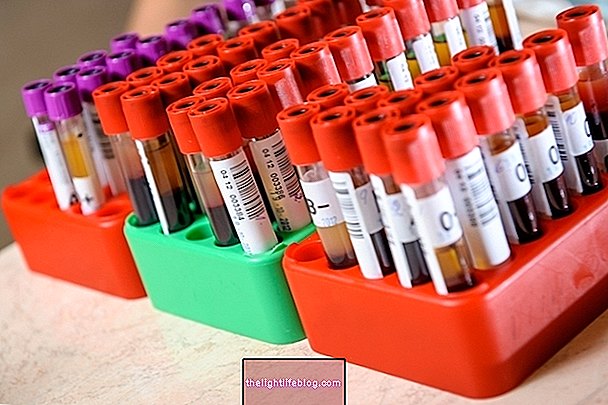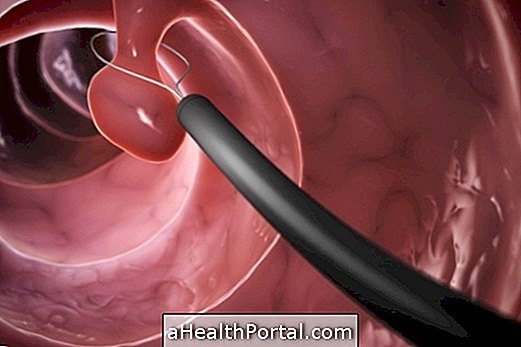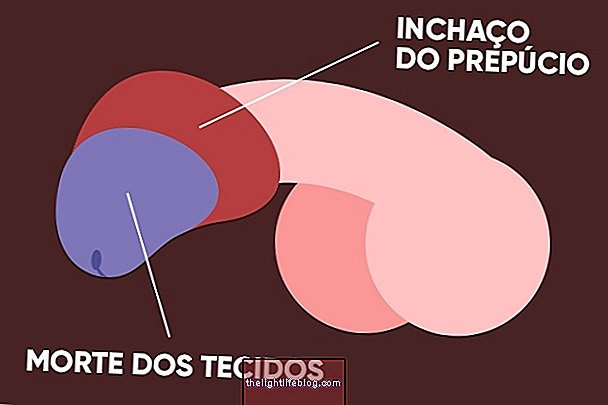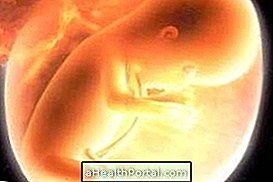Wilms' tumor, also called nephroblastoma, is a rare type of cancer that affects children between 2 and 5 years old, being more frequent in the 3. This type of tumor is characterized by the impairment of one or both kidneys and that can be perceived through the appearance of a hard mass in the abdomen.
This type of tumor usually develops without symptoms, being diagnosed when it is already in more advanced stages. Despite being diagnosed when it is already very large, there is treatment and the survival rate varies according to the stage at which the tumor was identified, with a chance of cure.

Main symptoms
Wilms' tumor can develop without symptoms, however, it is common to see a palpable mass and does not cause pain in the abdomen of the child, it is important that the parents take the child to the pediatrician to make them diagnostic exams.
Other symptoms that can happen due to this condition are:
- Loss of appetite;
- Abdominal swelling;
- Fever;
- Nausea or vomiting;
- Presence of blood in the urine;
- Increased blood pressure;
- Change in respiratory rate.
The Wilms' tumor most frequently affects one of the kidneys, however, it can also compromise the two or even compromise the child's other organs, aggravating the clinical picture and leading to more serious symptoms, such as eye bleeding, altered consciousness and suffocation.
Diagnosis of Wilms tumor
The initial diagnosis is made through the palpation of the abdomen in order to verify the abdominal mass, besides the evaluation of the symptoms presented by the child. Usually the pediatrician requests imaging tests, such as ultrasonography, ultrasound, computed tomography and magnetic resonance imaging, to verify the presence of the tumor.
Although it can develop quickly and quietly, the tumor is usually identified before there is involvement of other organs.
How is the treatment done?
Treatment consists of the removal of the compromised kidney, followed by complementary treatment, which is done with chemo and radiotherapy. During surgery, the doctor should examine the other organs in order to identify any changes.
In the case of impairment of the two kidneys, chemotherapy is performed prior to surgery so that there is more chance that at least one of the kidneys will function properly, with less impairment.






















